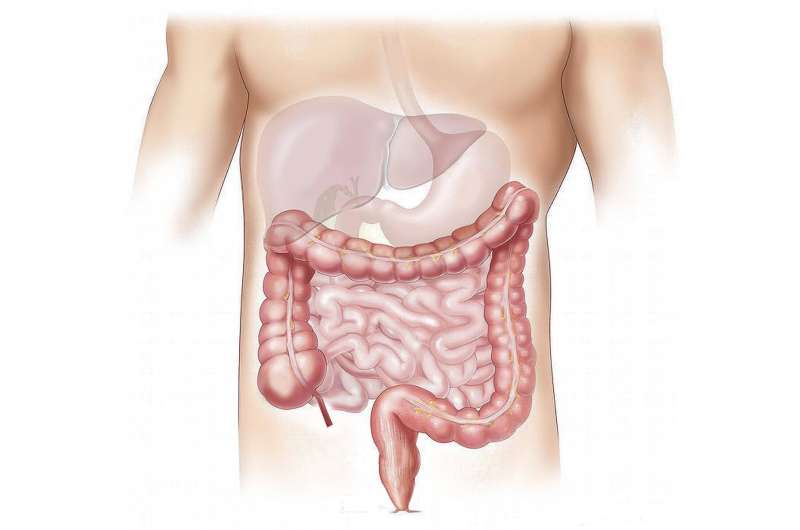Innovative Treatment Shows Promise in Reducing Brain Damage Post-Stroke in Mice

Cambridge researchers have developed a promising drug that significantly reduces brain damage from stroke in mouse models, offering hope for improved treatment outcomes in humans. The innovative approach targets free radical formation during reperfusion, potentially revolutionizing stroke therapy.
Researchers from the University of Cambridge have developed a novel drug that could significantly mitigate brain injury resulting from strokes. This groundbreaking study, published in Cardiovascular Research, demonstrates that the drug, a form of acidified disodium malonate (aDSM), administered alongside mechanical thrombectomy, can decrease brain tissue damage by up to 60% in mouse models.
Stroke affects approximately 25% of individuals during their lifetime, typically caused by a blood clot obstructing oxygen flow to the brain. The immediate removal of the clot via mechanical thrombectomy—the insertion and retrieval of a device through a blood vessel—remains the primary treatment. However, a complication known as ischemia-reperfusion injury can worsen outcomes. When blood flow resumes abruptly, it can trigger a surge of harmful free radicals generated within mitochondria, the energy-producing structures of cells, leading to further neuronal damage.
The Cambridge team elucidated that during oxygen deprivation, a chemical called succinate accumulates in the brain. Rapid oxidation of succinate upon reperfusion accelerates free radical production, exacerbating tissue injury. Their innovative approach involves administering malonate, which blocks the oxidation of succinate, thereby reducing free radical formation.
By slightly acidifying malonate, researchers improved its ability to cross the blood-brain barrier, allowing for quick delivery during the critical reperfusion phase. In mouse experiments, treatment with aDSM significantly lessened brain damage, highlighting its potential to improve stroke recovery.
Lead researcher Dr. Jordan Lee emphasized that this method encourages less neuronal death, which correlates directly with better functional outcomes for stroke patients. With increasing adoption of mechanical thrombectomy in healthcare, integrating aDSM could enhance recovery rates.
The research team has established Camoxis Therapeutics, aiming to advance this treatment into clinical trials. Professor Mike Murphy noted that if successful, this strategy could have broader implications for other ischemic injuries such as heart attacks, organ transplants, and resuscitation efforts.
This innovative research offers hope for more effective stroke therapies in the future, potentially transforming acute stroke management and patient prognosis.
Stay Updated with Mia's Feed
Get the latest health & wellness insights delivered straight to your inbox.
Related Articles
Florida Surgeon General Sparks Debate Over Vaccine Mandates and Personal Choice
Florida's Surgeon General Joseph Ladapo advocates for personal choice over vaccine mandates, sparking nationwide controversy over public health and individual freedoms.
Link Between Red Meat Byproduct and Increased Risk of Abdominal Aortic Aneurysm
New research links high blood levels of the gut bacteria byproduct TMAO—produced from red meat consumption—to an increased risk of abdominal aortic aneurysm. Findings suggest dietary changes could help prevent this life-threatening condition.
Innovative Software Developed by Parent and Statistician Enhances Autism Skills Therapy
A parent and scientist has developed free software to enhance the measurement of skill mastery in autism therapy, helping customize intervention and improve outcomes for children with ASD.



